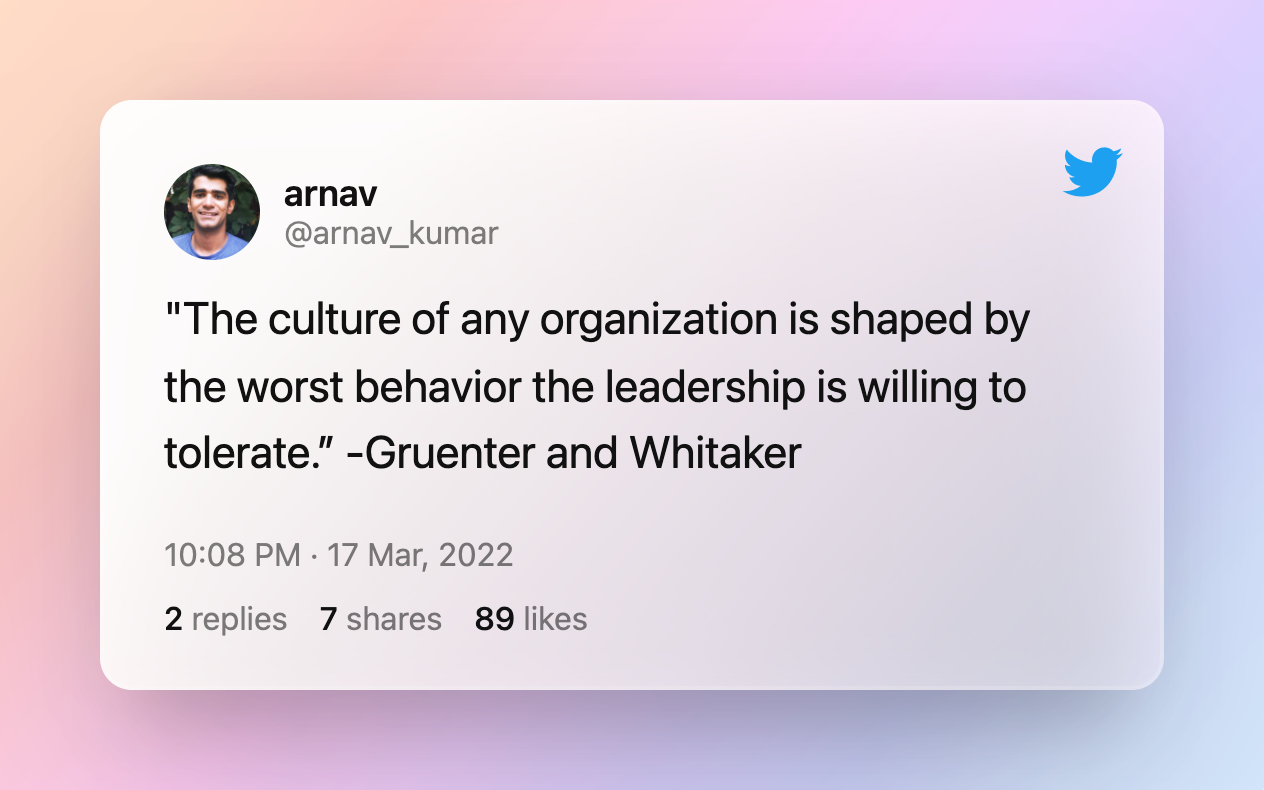#47 Whether you think you can, or you think you can’t – you’re right
Lessons in deliberate practice, writing, teaching and having fun
I’ve bought a lot of books in the last couple of years. But, somehow, I have not got the time to read them. They are all gathering dust on my bookshelf. I feel guilty when I look at them.
I have subscribed to dozens of email newsletters and many of them are facing similar fate. In the mailbox and unread. Again, no ‘Zero inbox” pinches a bit.
But I’m not the only one facing this issue. In fact there is a word for this in Japanese - Tsundoku. Here’s how Wikipedia describes it.
Tsundoku (Japanese: 積ん読) is acquiring reading materials but letting them pile up in one's home without reading them. It is also used to refer to books ready for reading later when they are on a bookshelf.
The term originated in the Meiji era (1868–1912) as Japanese slang. It combines elements of tsunde-oku (積んでおく, to pile things up ready for later and leave) and dokusho (読書, reading books). As currently written, the word combines the characters for "pile up" (積) and the character for "read" (読).
Finding the right balance in acquiring a new thing and actually using it is a challenging task. It’s not easy to fix, but accepting its existence is a good starting point. Do recognize Tsundoku when it hits you and do something about it.
For now, let’s get to today’s finds.
1.
I read the following thoughts in Prado’s newsletter.
“Reading will help you find interesting stuff and a collection of dots. Writing will help you think clearly and connect those dots”
I could not have said it better. Reading has helped me expand my awareness. But it is writing that helped make that knowledge useful. I recently discovered writing for work again, and it’s been satisfying. It’s like a self assessment on the understanding. If I am not clear on any topic, my writing shows me the mirror truthfully. Give writing a shot, you’re going to love it.
Talking about writing, have you read the annual letters that Warren Buffet writes to Berkshire Hathaway’s shareholders every year? I am not into reading such stuff (still), but loved the letter that they wrote this year. It feels so personal and thoughtful. Here’s one piece of advice that really stood out for me.
Teaching, like writing, has helped me develop and clarify my own thoughts. Charlie calls this phenomenon the Orangutan effect: If you sit down with an Orangutan and carefully explain to it one of your cherished ideas, you may leave behind a puzzled primate, but will yourself exit thinking more clearly.
Reading -> Writing -> Teaching - This is becoming a good recipe. Have you experienced anything similar?
2.
Productivity.so is a collection of tricks to use the popular products and tools in a more effective way. My favourite:
Create a new Google Doc with docs.new (similar tricks for sheets & slides as well)
Switch between Google accounts scrolling down on your avatar
Create shortcuts to quickly search with custom search engines
3.
“Deliberate practice” is a fascinating concept in personal improvement. It takes the concept of innate talent and smashes it into pieces. This article is a good introduction to the topic. This snippet does a fairly good job of introducing the idea.
Anders Ericsson, the father of deliberate practice, explained in his seminal work Peak, that pretty much everyone willing to endure the hardship of years of practice – deliberate practice – can produce expert performance.
Plainly, it’s not so much about what you can or can’t do now. But what you believe you can achieve by purposeful hard work.
It further suggests the following 5 principles to integrate deliberate practice:
Find what the best performers do
Develop a detailed plan (to get outside of your comfort zone)
Develop the right mental representation
Regular (focused) practice sessions
Feedback in the moment
4.
Mcsweeney does it again! Last time we read about the UX of a small child in post #36. I’ve been loving their posts since then. Last week they published Selected negative teaching evaluations of Jesus Christ. The title says it all, and I would not dare to describe their comical take. You better get going and check it out yourself.
And while we’re at funny stuff, a lot of you loved the 30 Hilarious scientific jokes that I had shared last week in post #46. There’s more from where that post came. Here’s another good one covering 17 jokes to test your english language skills to the limits.
5.
Some random goodness from the internet:
Instagram: World Landforms (@eomorphological_landscapes ) provides a little tour to different geographies of the world.
Short reads: How Disney became a nuclear power is an interesting trivia from Disney’s history.
Long reads: How to play long games? Learn from the Chinese. That’s what they have done with Hollywood.
Web: Web design history timeline: I could identify with so many historical ‘things’ - the world has evolved very fast in the last couple of decades. Blessed are those folks who take effort to create such archives and museums.
Web: If you love google doodles, this is the place to see the complete archive. Some of the innovations over the last few years are amazing.
Before we sign off, here's a message worth remembering.
That's all for this week, folks!
If you enjoyed this post, show your love by commenting and liking it. I write this newsletter to share what I learnt from others. If you learnt something from this today, why not share it with a couple of your friends to continue this chain?





Monday morning - great start with your post.Keep up the good work.